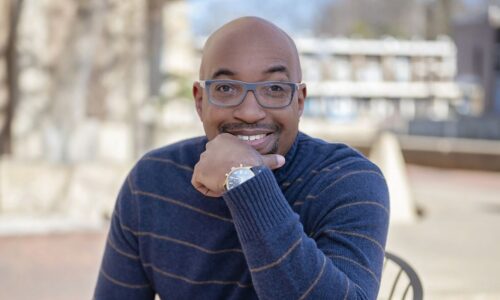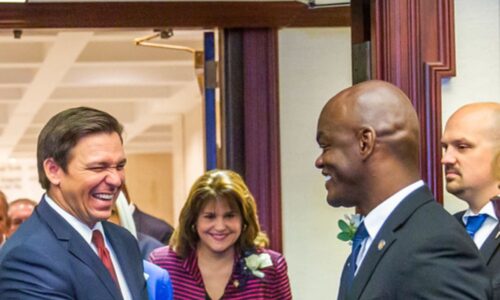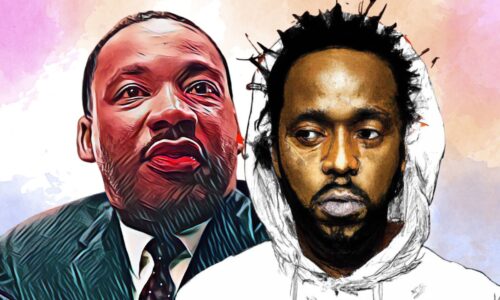[R]ace is always going to be a controversial topic in our society; the enigma attached to it is outrageous. We live in the 21st century where people “say” they are all about equality, but but the recent events around the country prove there are many dynamics, when talking about the subject of race and “equality.” The people of communities that feel oppressed are the ones that seem to identify with stories of unjust justice, like the recent Michael Brown case in Ferguson, Missouri and the Eric Garner case in Staten Island, New York.
 Harris Poll |
| Harris Poll recently conducted a survey about American’s views on the police, as well as discrimination and other important issues regarding race. |
According to a recent Harris Poll, the numbers clearly show that too. In the case of the Michael Brown, 58% of white Americans agreed with the decision while 65% of black Americans opposed it. In the case of Eric Garner, there seemed to be something other than race playing a role here because 42% of white Americans and a staggering 78% of black Americans opposed the decision.
In reality though, the race of the officer or the victim should not have any play in what is going on in the situation. What should be important is the good or bad being done by the people sworn to protect us from harm; the men and women with the badge.
As it turns out, the survey revealed that despite massive protests, the majority of Americans, regardless of race, believe that officers in their community are making positive impacts.
Where there is opposition between race is whether or not officers should be given the benefit of the doubt in criminal proceedings. The majority of white Americans agree while the majority of black Americans disagree.
Along with race, discrimination is another very difficult subject to discuss. Looking at these cases, it is clear to see that people believe that discrimination played a role in the outcome.
Over half of the those polled, race aside, agreed that black Americans are discriminated against when encountering a situation with the police.
“The protests in Ferguson and elsewhere should be a wakeup call that police culture needs to change, and in order to effectively do that, police need to adopt routines that allow them to respond to African-Americans as potential victims of crimes and citizens in need of protection, rather than just suspects,” said Jeannine Bell, a Professor of Law at Indiana University Maurer School of Law, who has written several books on the subject.
The United States Commission on Civil Rights, an organization created by The Civil Rights Act of 1957, announced an investigation into these incidents, as well as others, in hopes of developing alternative strategies and tactics other than the immediate use of deadly force.
‘This is an issue of utmost importance as it involves whether communities of color are being protected or targeted by the very people to whom we must look to for protection and security,” said USCCR Chairman Martin R. Castro. “This is broader than Ferguson. Most police officers do their duty yet it is obvious that not all meet their oath to serve and protect when it comes to communities of color.”
There is much left to be desired when we look at everything that surrounds these two cases. We must remain open to all possibilities because no human is perfect. Officers can abuse their power and people can pull the race card to get what they want. Objectivity should always be crucial in circumstances like these.




